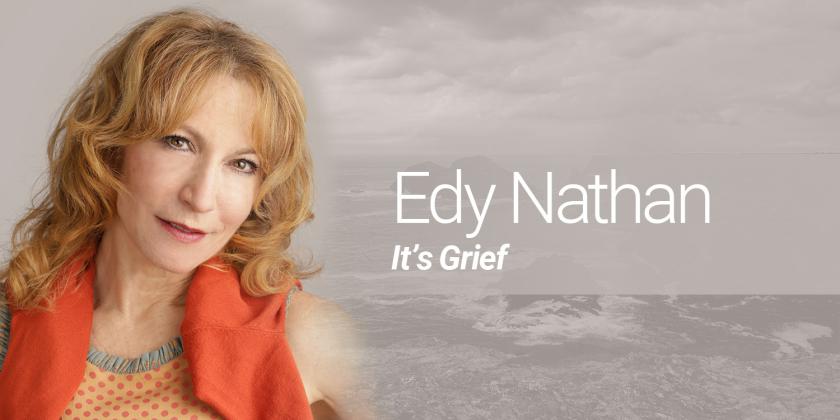It's Grief

Licensed therapist and grief expert, Edy Nathan, explores the complexities of grief in this blog.
Don't Miss a Thing!
Get the latest articles, recipes, and more, when you sign up for the tasteforlife.com newsletter.

Licensed therapist and grief expert, Edy Nathan, explores the complexities of grief in this blog.
Get the latest articles, recipes, and more, when you sign up for the tasteforlife.com newsletter.